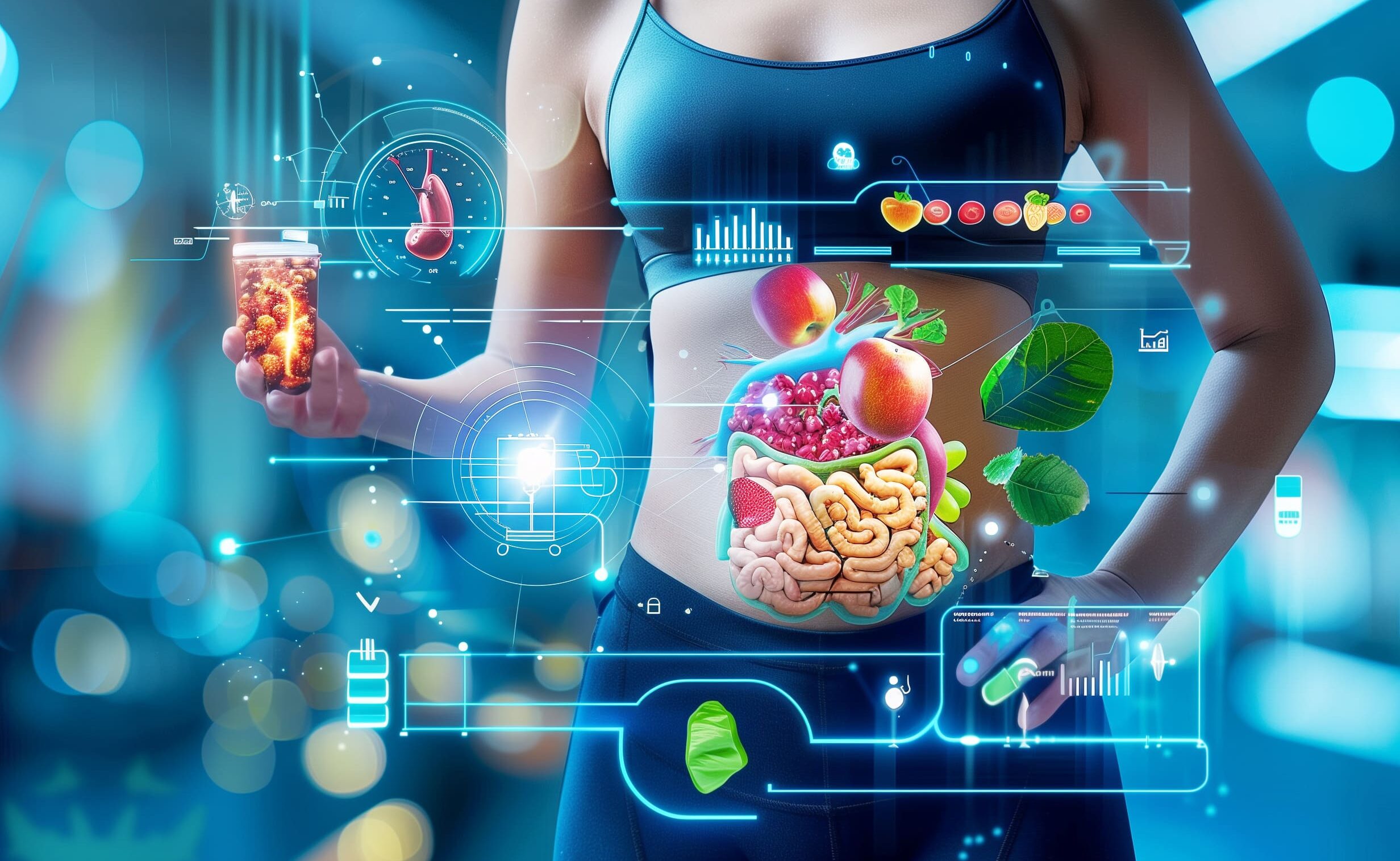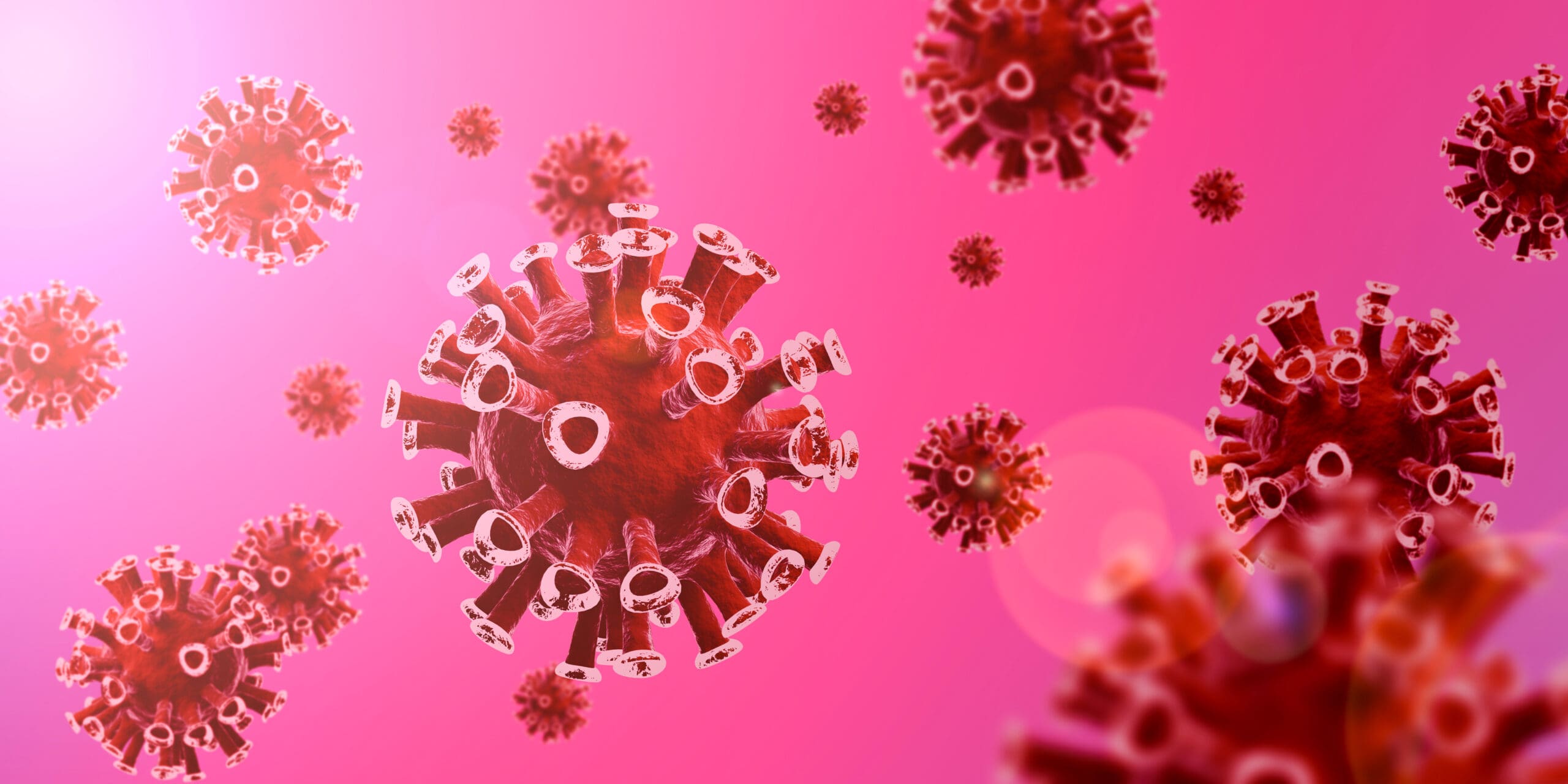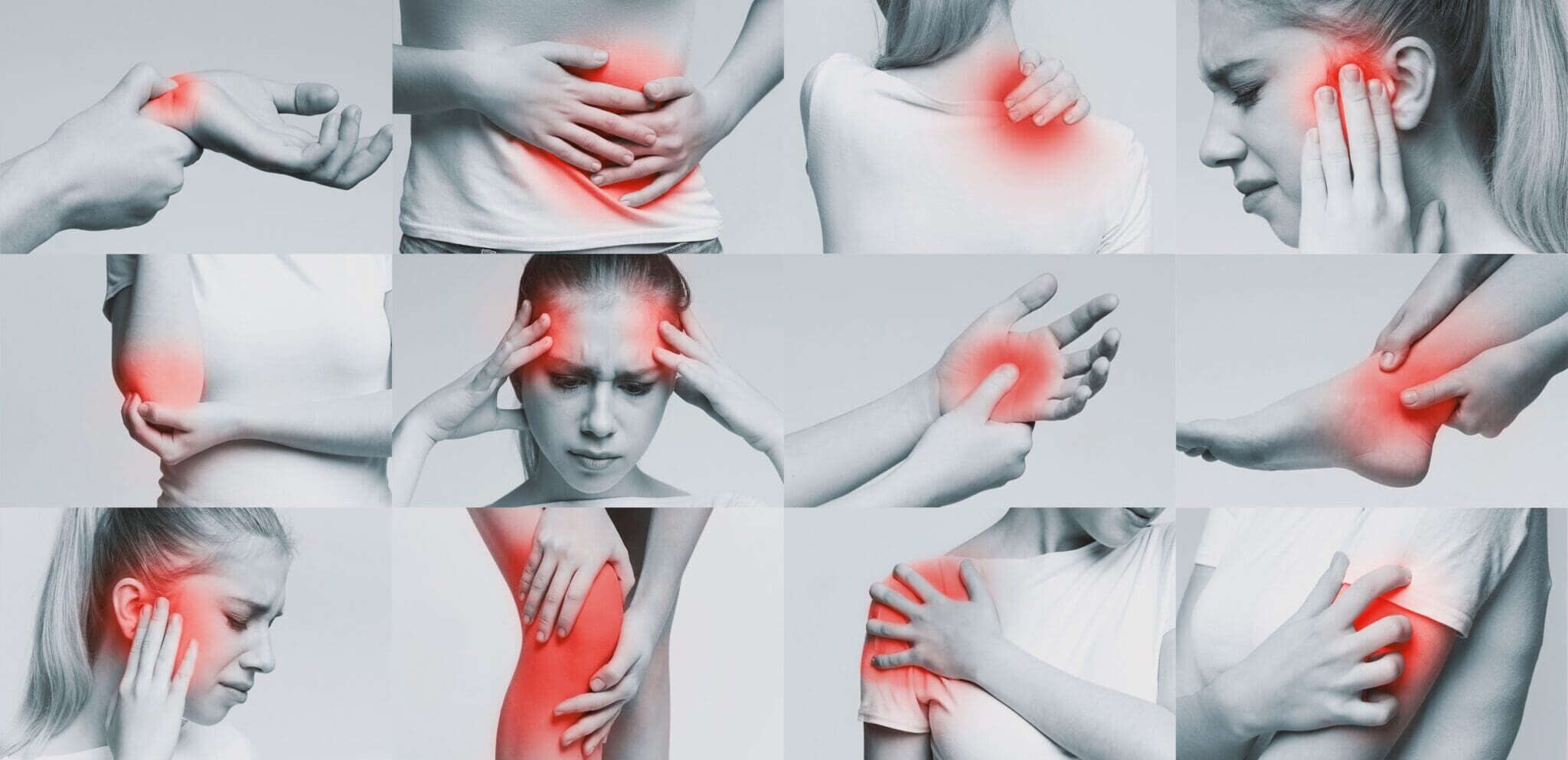Eating at the wrong time of day can hurt your metabolism
By naturopath Margaret Jasinska
Did you know that when you eat has a large bearing on the way your body uses calories? Many people who struggle with their weight are eating meals or snacks at a time of day that doesn’t align with circadian biology. A person’s body weight is determined by far more than just how many calories they eat and how much exercise they do.
Eating late at night and eating too quickly can both raise the risk of gastrointestinal problems, obesity, and type 2 diabetes. Meal timing and speed of consumption are both modifiable, so you can reduce the risk of developing those health problems with some changes to your routine.
It takes approximately 20 minutes for the stomach to alert the brain to feelings of fullness. If you eat too quickly, the fullness signals won’t start arriving until you’ve already eaten more than your body needs.
If you eat dinner late at night, this causes food to remain in the stomach longer, thus prolonging the time that the gastric mucosa is exposed to gastric acids. It can also increase the risk of small intestinal bacterial overgrowth because the intestinal contents move too slowly.
What is the best time to eat?
It’s healthier to eat while the sun is still in the sky (before it has set). That’s because research indicates that eating earlier in the day aligns meals with the body’s circadian rhythms. This benefits your metabolism and overall health. You are less likely to be insulin or leptin resistant if you follow this principle.
According to lead researcher Collin Popp, PhD, MS, RD at the NYU Grossman School of Medicine in New York, “The focus would be to eat a meal that syncs during those daytime hours. I typically suggest patients have their largest meal in the morning, whether that’s a large or medium-sized breakfast, or a big lunch.”
A recent study of 2050 people found that having the largest meal at lunch helped protect against obesity, whereas having it at dinner increased the risk and led to higher body mass index. Consuming the majority of your calories in meals earlier in the day has metabolic health benefits.
Depending on where you live, during winter it may be necessary to eat in the evening after the sun has set. The main message is just not to eat your biggest meal of the day once the sun has set.
Avoiding snacking improves your metabolism
Your digestive system and hormones require a break between meals. The hormones insulin, leptin, ghrelin and others are involved in regulating your appetite and deciding whether calories get burned or stored.
Insulin is a hormone that signifies a well fed state. It picks up carbohydrate and fat from your bloodstream and delivers it to your muscles, liver, other cells and fat stores. Eating frequently throughout the day makes your body more likely to gain fat because most foods trigger insulin to be released. Pure fat such as olive oil, coconut oil and others are the only nutrients that don’t promote insulin release.
Grazing can also eventually make your body less sensitive to insulin and leptin, meaning it releases more than it should for the same given amount of food. This is true even if you’re eating small portions frequently throughout the day (unless you’re young and very active and all the food you ate is used to fuel an activity).
If you have lost sensitivity to your appetite hormones, it means you’re not likely to feel as full and satisfied after you’ve eaten a meal. This means, rather than eating six small meals per day, like many dieticians have advocated, it is best for most people to stick to two or three main meals.
Of course if you really can’t stomach breakfast, there’s no need to force yourself to eat if you aren’t hungry. You could eat an early lunch, a mid afternoon snack and then an early dinner. In general, grazing doesn’t work well for people with insulin resistance, polycystic ovarian syndrome, post-menopausal women and people who don’t do much exercise.
Insulin resistant people produce more insulin than their body requires. This keeps them in fat storage mode rather than fat burning mode. It also encourages the development of a fatty liver.
Metabocel tablets help improve the body’s metabolic rate.
For more information about controlling your appetite and losing weight, see the book I Can’t Lose Weight and I Don’t Know Why.
Reference: https://link.springer.com/article/10.1007/s11154-023-09853-x









Leave A Comment